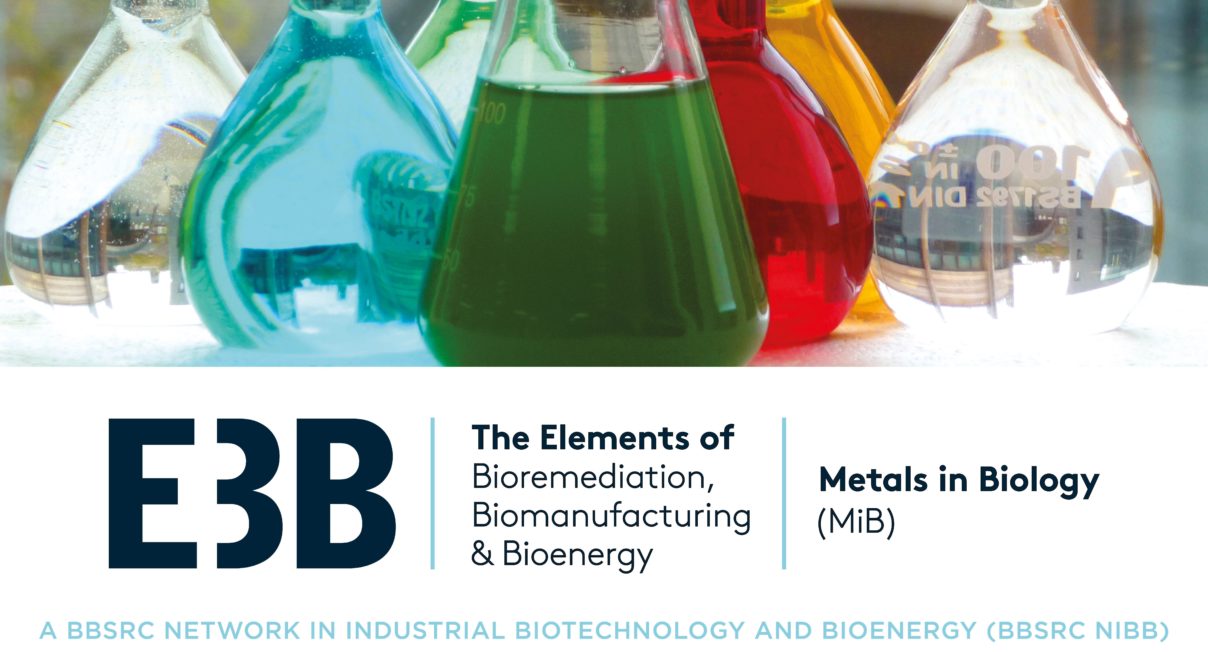From food flavourings to biofuels, metals are key
We all know that metals like iron and calcium are essential for a healthy body – but our pioneering scientists estimate that almost half of life’s processes depend upon various metals interacting with living cells.
Fundamental research into how metals bind with proteins and enzymes, and are transported and stored inside animal, plant or microbial cells, is resulting in some extraordinary applications.
Durham is leading a network of universities and industry partners to maximise benefits from understanding the role of metals in these processes.
Some examples are:
Biofuels: New types of copper-containing enzymes are proving highly efficient at breaking down cellulose in wood and other plant matter, resulting in more efficient production of biofuels.
Food flavourings: Hard-to-make food flavourings such as grapefruit are being made more cheaply by a chemical process involving a pure enzyme containing iron. Food products using this technology are being marketed across Europe and Asia.
Food supplements: Vitamin B12 supplements, which are taken by many vegetarians but are very costly to make, could be produced more efficiently by microbial cells that have been modified so that they can assimilate more of the metal cobalt, an ingredient of the vitamin.
Metal recycling: Platinum is being recovered from industrial wastewater by adding laboratory-grown microbes that can scavenge this highly valuable metal. There are also plans to grow modified plants and microbes on road sweepings to recover platinum and palladium lost from catalytic converters in car exhausts.
Read a recent research paper, published in Nature Chemical Biology. Profile of the lead researcher Professor Nigel Robinson.
